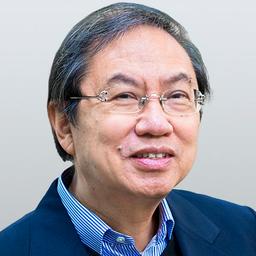Commentary
John Lee, the sole candidate in Hong Kong’s chief executive election subsequently elected on May 8, recently released his political platform. In it, he mentioned the career development of junior high students suffering from crowded housing conditions, and indicated that he would offer assistance.





